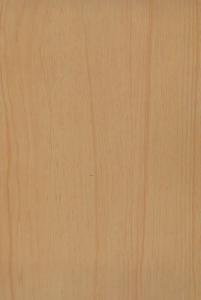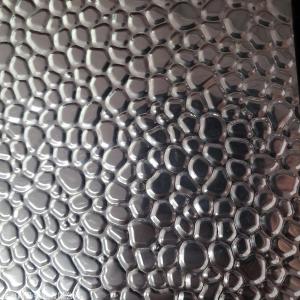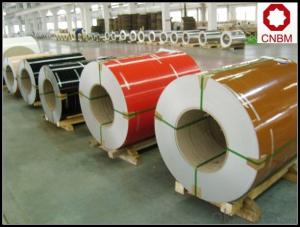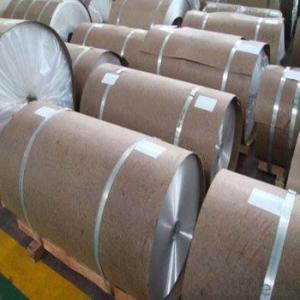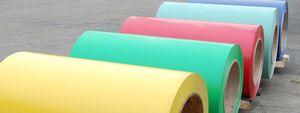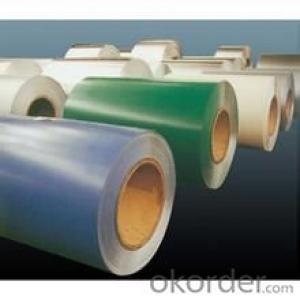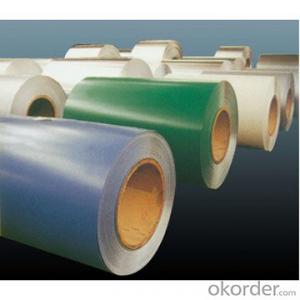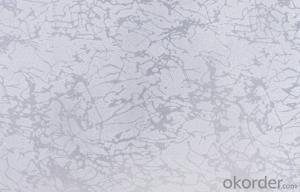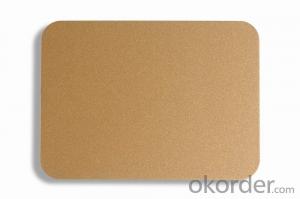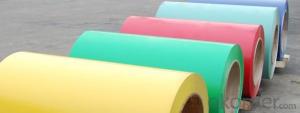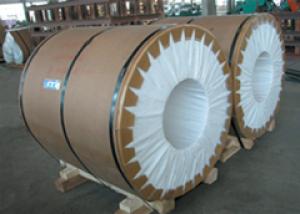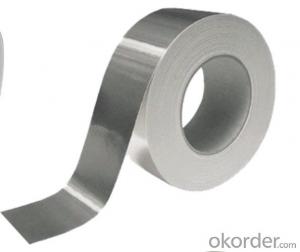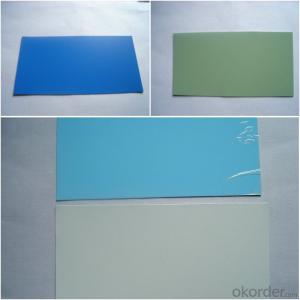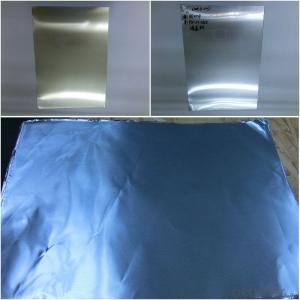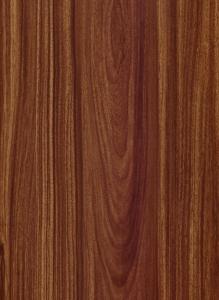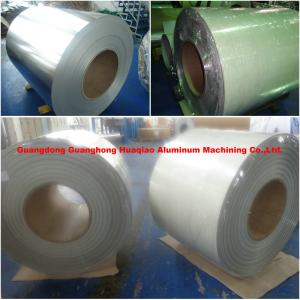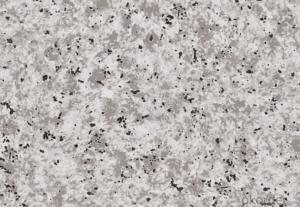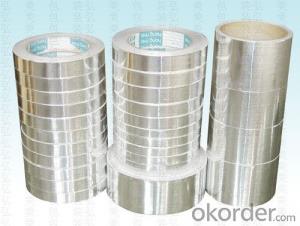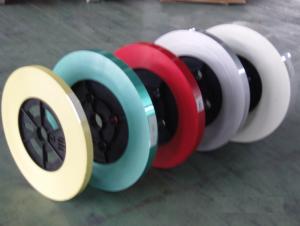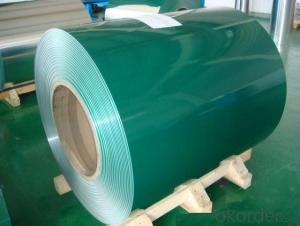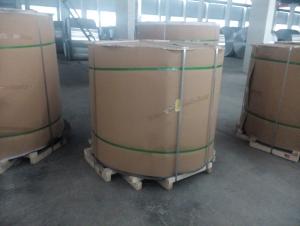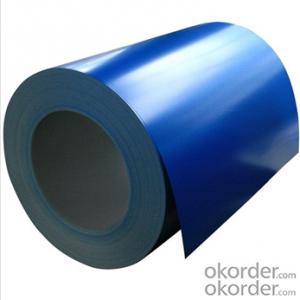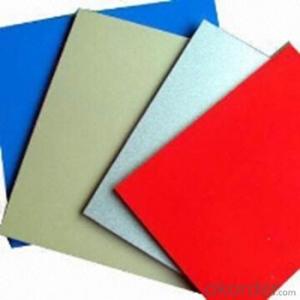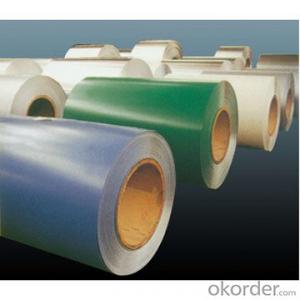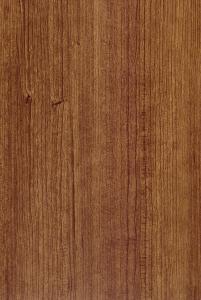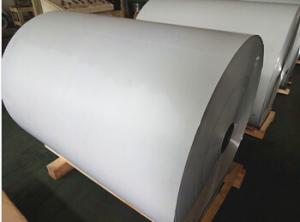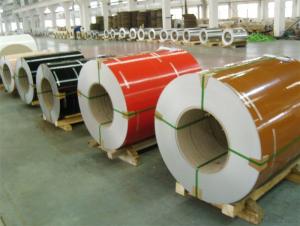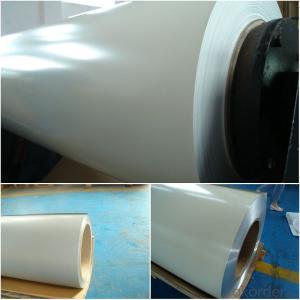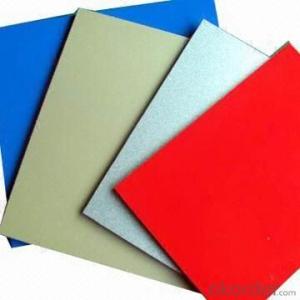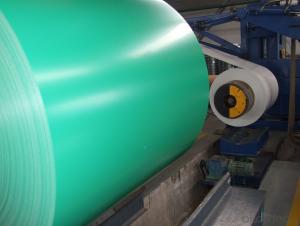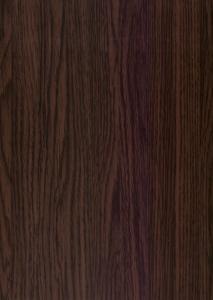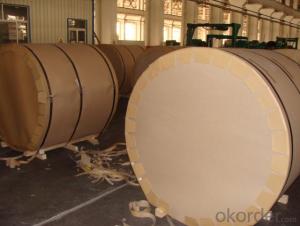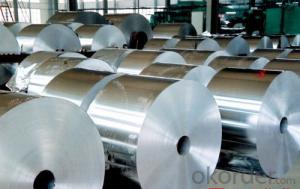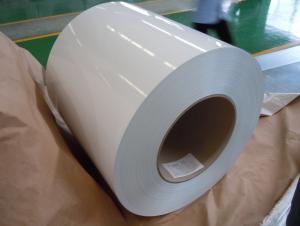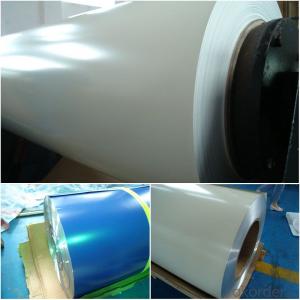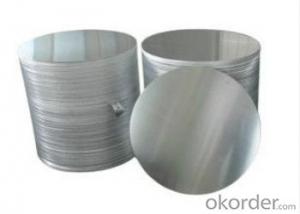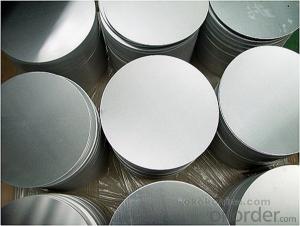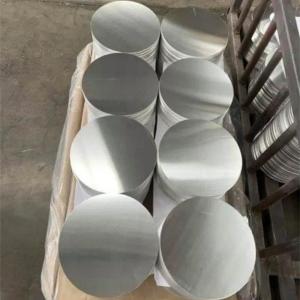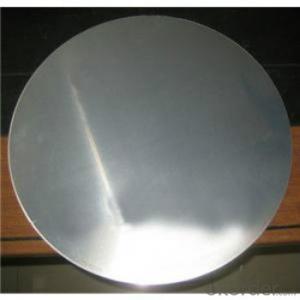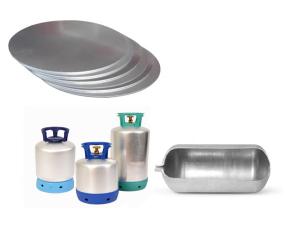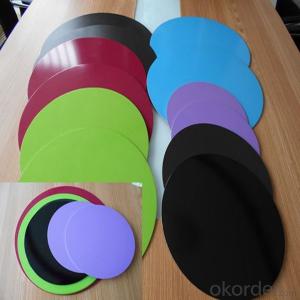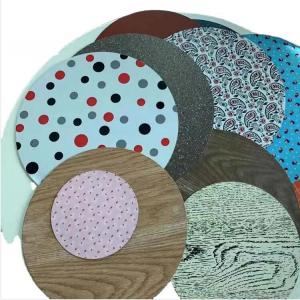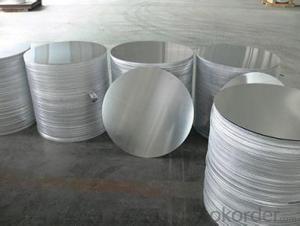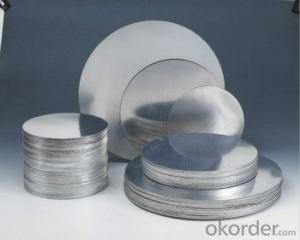Powder Coated Aluminum Coil
Powder Coated Aluminum Coil Related Searches
Polished Aluminum Coil Color Coated Aluminum Coil Colored Aluminum Coil Anodized Aluminum Coil Pvc Coated Aluminum Coil Copper Colored Aluminum Coil Copper Aluminum Coil Coated Aluminum Coil Pe Coil Coated Aluminum Aluminum Copper Coil Vinyl Coated Aluminum Coil Prepainted Aluminum Coil Coil Coating Aluminum Coating Aluminum Coil Pe Embossed Aluminum Coil Textured Aluminum Coil White Aluminum Coil Aluminum Alloy Coil Pvc Aluminum Coil Aluminum Wire Coil Aluminum Condenser Coil Coil Aluminum Aluminum Coil Pe Aluminum Siding Coil Buy Coated Aluminum Coil Aluminum Coil Pipe Aluminum Ac Coil Aluminum Evaporator Coil Brushed Aluminum Coil Wooden Texture Coated Aluminum CoilPowder Coated Aluminum Coil Supplier & Manufacturer from China
Powder Coated Aluminum Coil is a type of aluminum material that has undergone a specific coating process, resulting in a durable and aesthetically pleasing finish. This product is known for its resistance to corrosion, weathering, and UV rays, making it an ideal choice for various applications. The unique properties of Powder Coated Aluminum Coil make it a popular choice for both indoor and outdoor use, offering a wide range of usage scenarios. From architectural facades to automotive parts, this product has proven to be a versatile and reliable solution for many industries.The application of Powder Coated Aluminum Coil spans across numerous industries, providing a durable and visually appealing option for various projects. Whether it's used in construction for cladding and roofing, in transportation for vehicle components, or in the manufacturing of consumer goods, this product stands out for its ability to withstand harsh environmental conditions while maintaining its appearance. The versatility of Powder Coated Aluminum Coil makes it a preferred choice for designers and engineers alike, who seek a material that can meet the demands of their specific applications.
Okorder.com is a leading wholesale supplier of Powder Coated Aluminum Coil, offering a vast inventory to cater to the needs of various industries. With a commitment to quality and customer satisfaction, Okorder.com ensures that the products they supply meet the highest standards. Their extensive inventory of Powder Coated Aluminum Coil allows customers to find the exact specifications and quantities they require, making it a one-stop solution for all their aluminum coil needs. By partnering with Okorder.com, businesses can benefit from competitive pricing, reliable supply, and the assurance of working with a trusted supplier in the industry.
Hot Products


